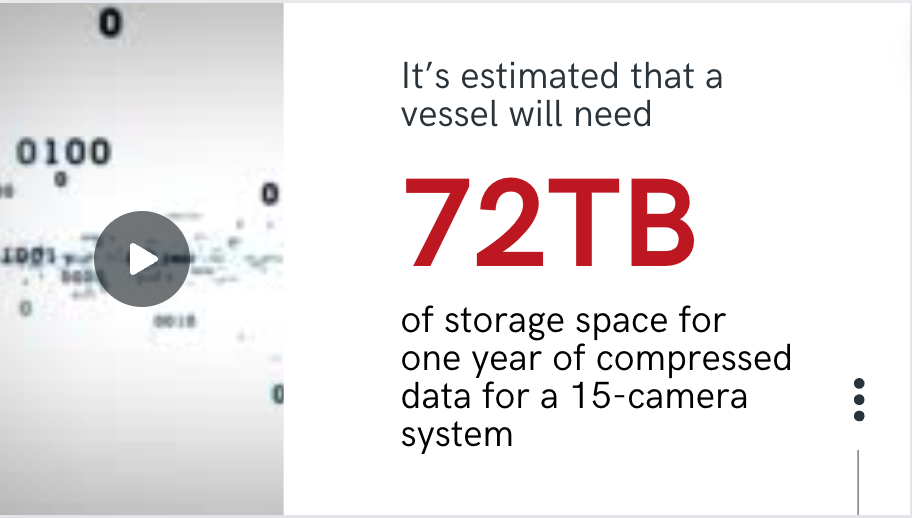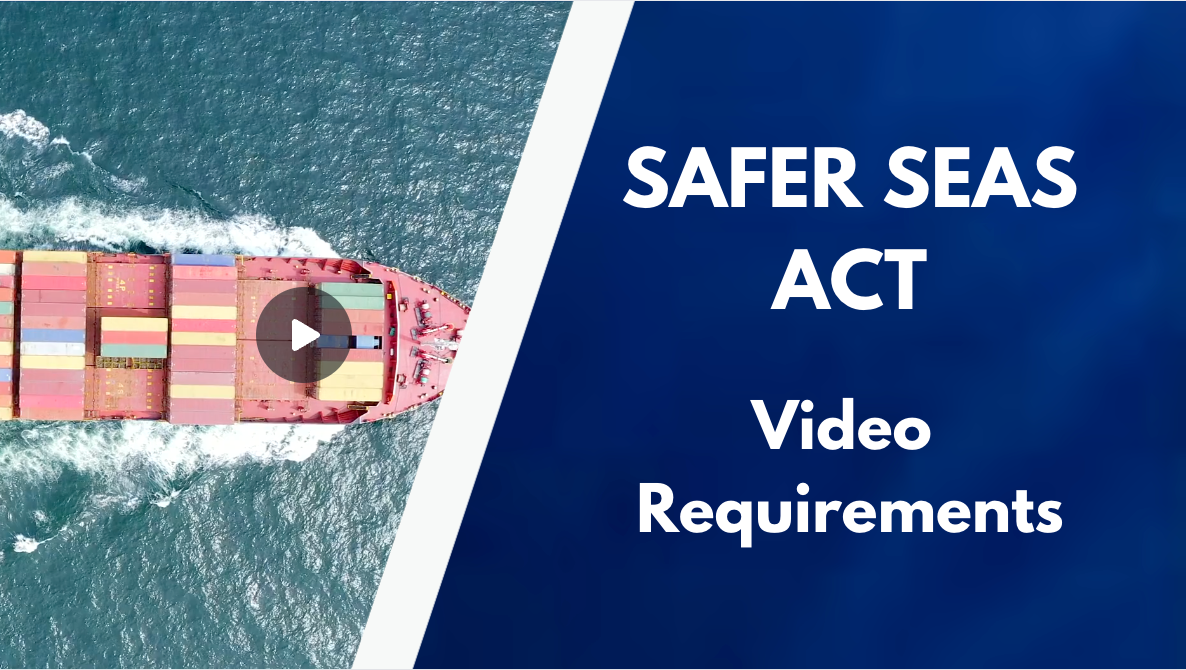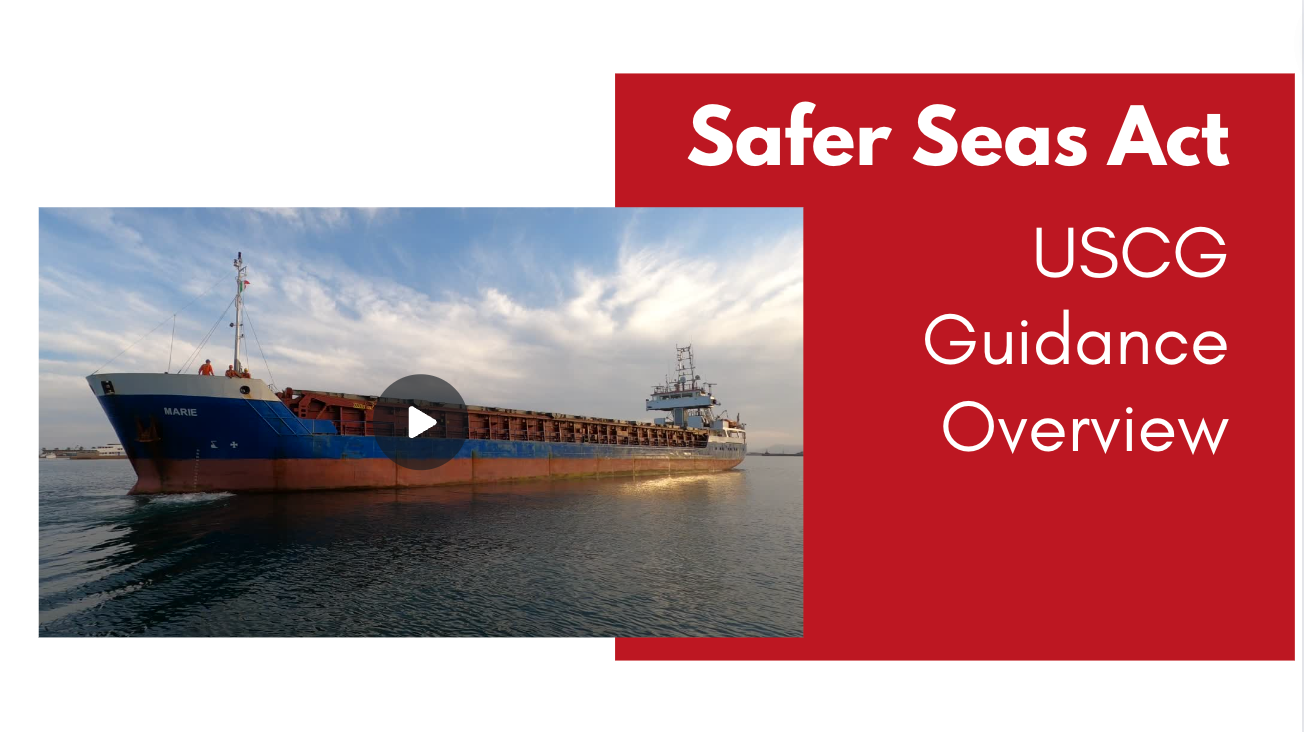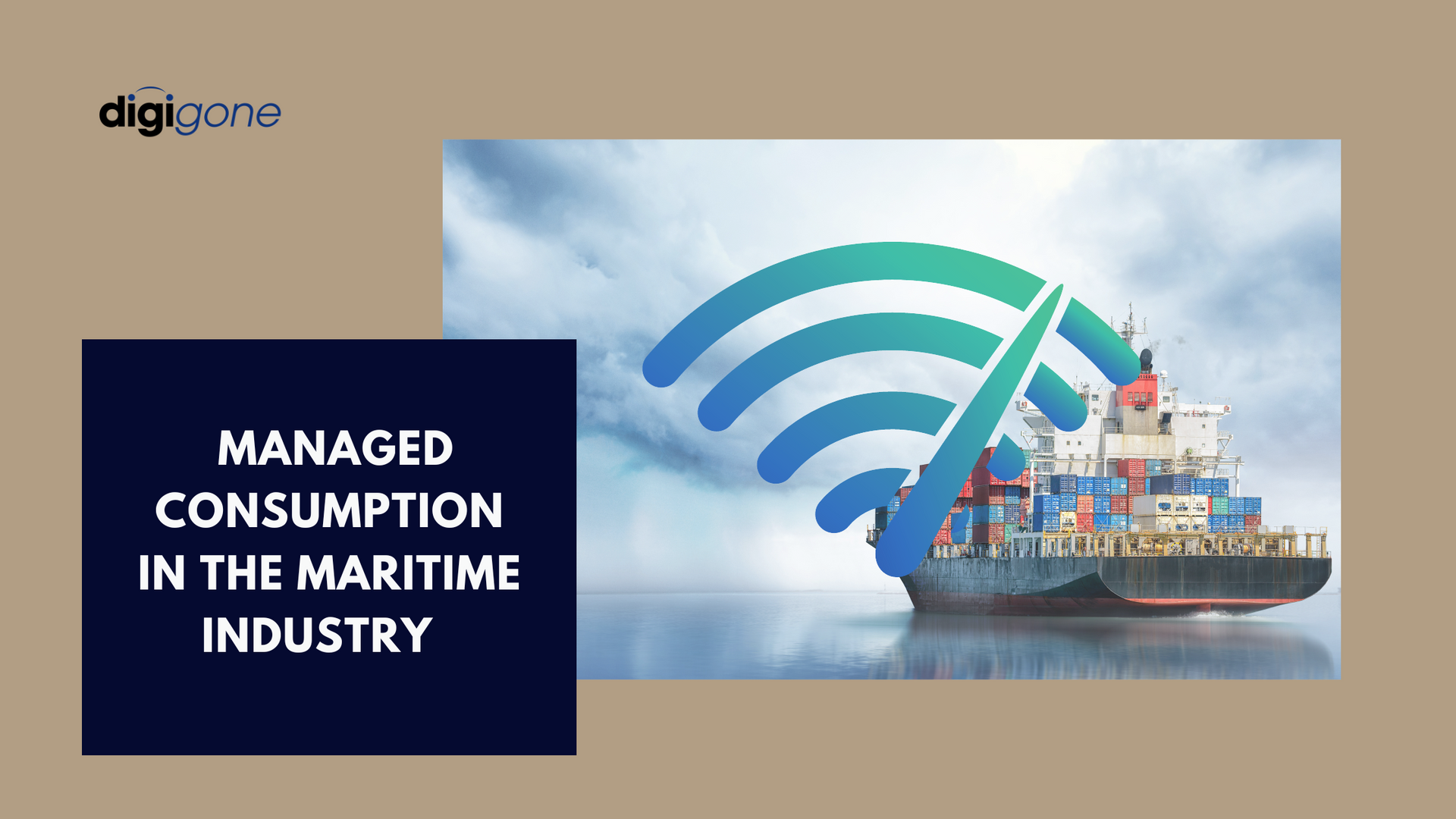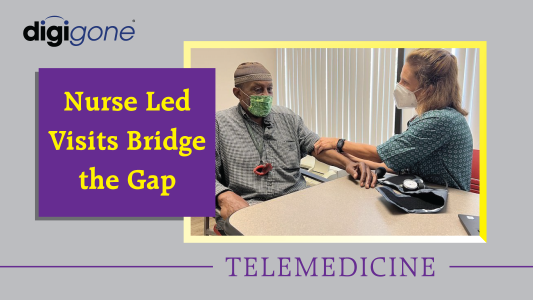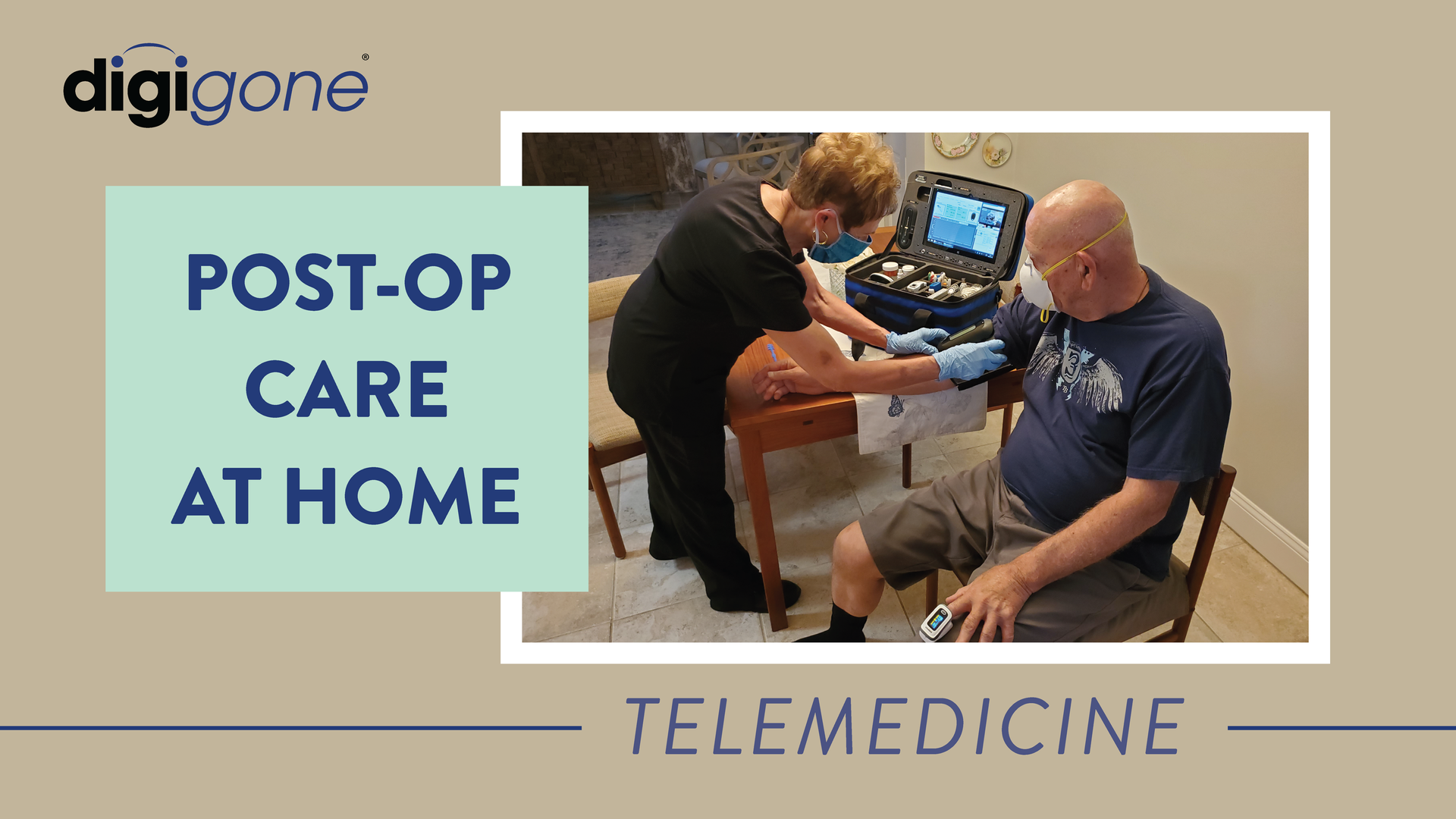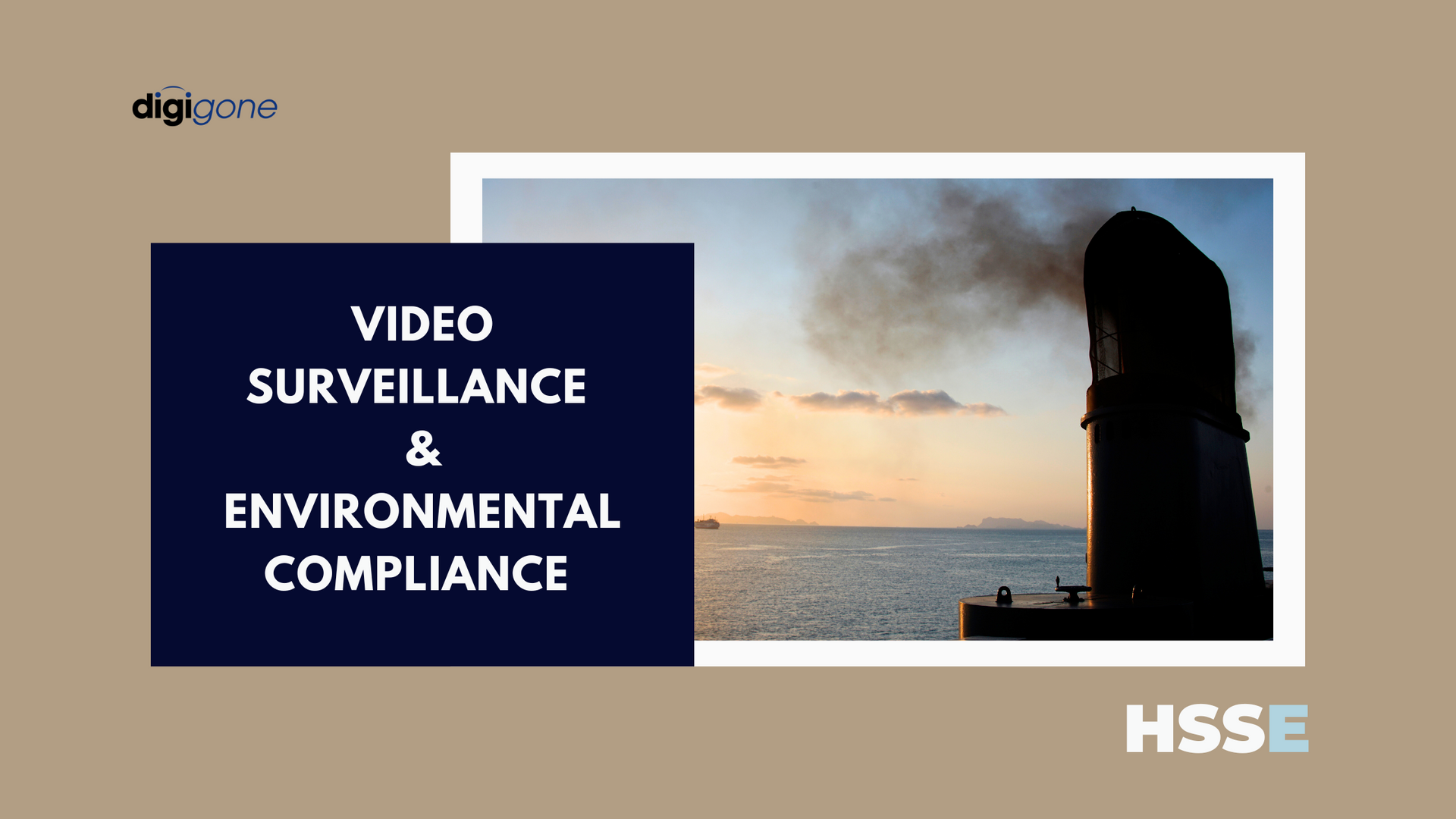Building Trust and Winning Customers During the Covid-19 Pandemic
DigiGone • June 22, 2020
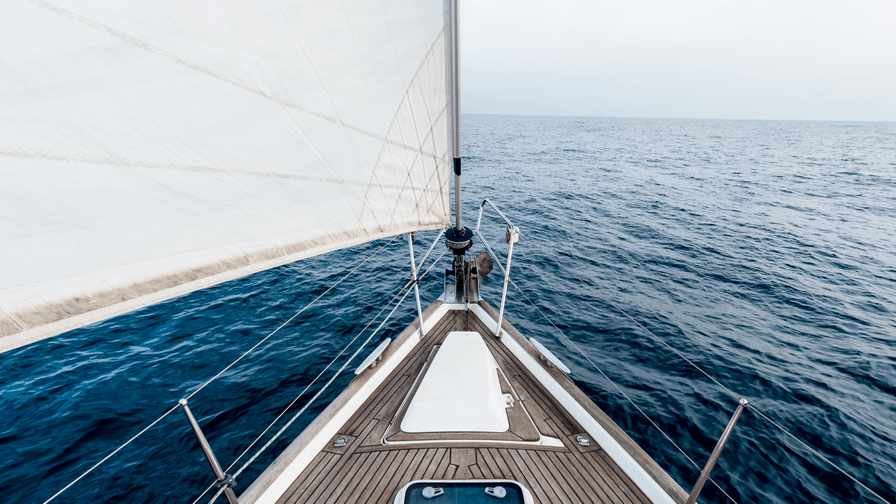
The pandemic has thrown the world for a loop in many ways. There’s an element of unpredictability to everything right now. And while some industries have been hit hard, including travel, with the right precautions and protocols, yachting may very well come out just fine on the other side of this.
Families who had plans to visit crowded tourist spots or theme parks are now looking for less chaotic options. Couples who typically lounge at resorts or on the decks of massive cruise ships are also seeking ways to avoid the masses. And after being cooped up for most of the year, there’s a renewed sense of appreciation for nature.
Boat owners and charter companies should capitalize on this. Below are five ways to manage this smartly.
Create a Fully Transparent Plan
Your first order of business is to create COVID-19 policies that outline all safety measures and protocols your business will adopt. The Centers for Disease Control and Prevention (CDC) makes it easy; they provide guidelines
to plan, prepare and respond to the pandemic.
In general, your plan should include things like checking symptoms among crew, establishing embarking/disembarking procedures, cleaning after each set of guests and ensuring your telemedicine
capabilities.
Each scenario will be different based on your itinerary, area of travel, capacity and resources, but it’s important to nail down how you will deal with situations. The worst-case scenario would be to find your crew or passengers in a potentially unsafe situation, as it relates to COVID-19, and only then try to figure out what you should do. Stay ahead of it.
Post Visuals as Reminders for Passengers and Crew
The CDC has an assortment of signs
and resources for businesses and public spaces, including some that are travel-specific. And they’re available in 29 different languages. By sticking with the CDC’s resources, your message is consistent and follows their data-based guidelines.
Here are a few CDC links:
Make a few copies of signs that are relevant to your business, and then laminate and hang them in strategic spaces around your boat, dock or business.
Highlight Your Telemedicine Capabilities
Telemedicine is definitely a new normal in the COVID-19 world. Most standard telemedicine kits
come with tools that are common in doctors' offices, such as a glucose meter, digital thermometer, electrocardiogram, stethoscope, otoscope and an ultrasound tool. Perhaps most importantly, though, you can contact a doctor using the encrypted video application from anywhere.
Several of our yachting clients had suspected coronavirus cases with their crew or guests and contacted their telemedicine providers for assistance. Using our telemedicine kits, the doctors remotely examined the patients and provided guidance on how to handle and treat the patient. This avoided transporting the patient to a hospital, potentially exposing the hospital occupants to the disease or vice versa.
If someone falls ill, they can receive a full diagnostic check-up and a doctor can be contacted for a diagnosis. There’s no guessing involved. The captain can decide, with confidence, their next move; either to isolate an individual, divert to a port or keep sailing.
Get Your Plan in Front of Customers
The most important step of all is to get your protocols in front of customers!
A quick audit of a handful of charter companies revealed absolutely zero information on how they’re dealing with the coronavirus. This feels like an oversight at best and a missed opportunity at least. There should be a tab or banner on your website that is delegated for COVID-19 policies and procedures.
Let customers know you have a virtual walk-in clinic onboard and specific COVID-19 procedures. Also promote the fact that your crew is trained on proper sanitizing procedures. Did you install a new air purification system that eliminates mold spores, bacteria and viruses from the air? Then, let people know! Transparency builds trust.
Ways to Promote Your Plan:
• Social media posts. Many potential customers will go straight to your Facebook or Instagram pages. Promote your plan there.
• Landing page on website. Make sure customers can easily find your plan when they go to your homepage.
• Marketing brochures and materials. If you produce seasonal marketing materials direct customers to your website for your full plan. Mention it in brief in printed materials.
• Send out a press release. If your clientele are in a specific area, put your plans for sailing amid COVID-19 in an email and send it to news outlets.
Adapt As Needed
Flexibility is a big part of the new normal. Being able to adapt to a constantly changing landscape is paramount. Stay informed of local government advisories, as well as the CDC. People will long remember how they were treated by companies during this time, so don’t risk your business for one trip or even one season.
This will pass. And right now many are just trying to keep their heads above water. Invest time in your COVID-19 plan, take stock of your telemedicine kit
and create transparency around it. There will be smooth sailing on the other side of this.

Telemedicine kits are becoming indispensable tools for home healthcare providers, particularly during transition care medical examinations (TCMs). While the initial TCM is conducted by a physician who generates revenue from the service, the telemedicine kit significantly benefits home healthcare providers by expediting patient registration for their care services. With a nurse or medical assistant deploying the kit, patients can be quickly evaluated and connected with a physician, ensuring all necessary documentation and approvals are completed more efficiently. This faster onboarding process allows home healthcare providers to register more patients in less time, helping them deliver care sooner and grow their services efficiently. The ability to “bring the doctor” to the patient through a telemedicine kit is invaluable in initiating care seamlessly. Once patients are on board, home healthcare providers can continue leveraging telemedicine technology to improve how they deliver services. The kits enable nurses and medical assistants to perform follow-up visits, diagnostics, and real-time consultations without requiring patients to leave their homes. This capability allows providers to optimize their schedules and visit more patients daily, all while maintaining a high standard of care. The efficiency gained means better coverage, smarter use of resources, and happier patients. Beyond efficiency, telemedicine kits help providers build stronger connections with their patients by making care more accessible and personalized. Providers can quickly respond to emerging health concerns, adjust care plans, and ensure ongoing monitoring—all from the patient’s home. This not only leads to better patient outcomes but also boosts the provider’s reputation for being reliable and innovative. By facilitating the registration of more patients and enhancing care once they are onboarded, telemedicine kits are powerful tools that enable home healthcare providers to expand their reach, improve operational efficiency, and thrive in an increasingly competitive market. In a rapidly evolving healthcare landscape, telemedicine kits are revolutionizing how home healthcare providers deliver care, enabling faster patient onboarding, enhanced service delivery, and stronger connections with patients. By integrating this indispensable technology, providers can streamline operations, improve patient outcomes, and position themselves as leaders in care innovation. Don’t miss the opportunity to elevate your home healthcare services. Explore how telemedicine kits can help you expand your reach, optimize your resources, and deliver exceptional care. Contact us today to learn more and take the next step toward transforming your care delivery model.
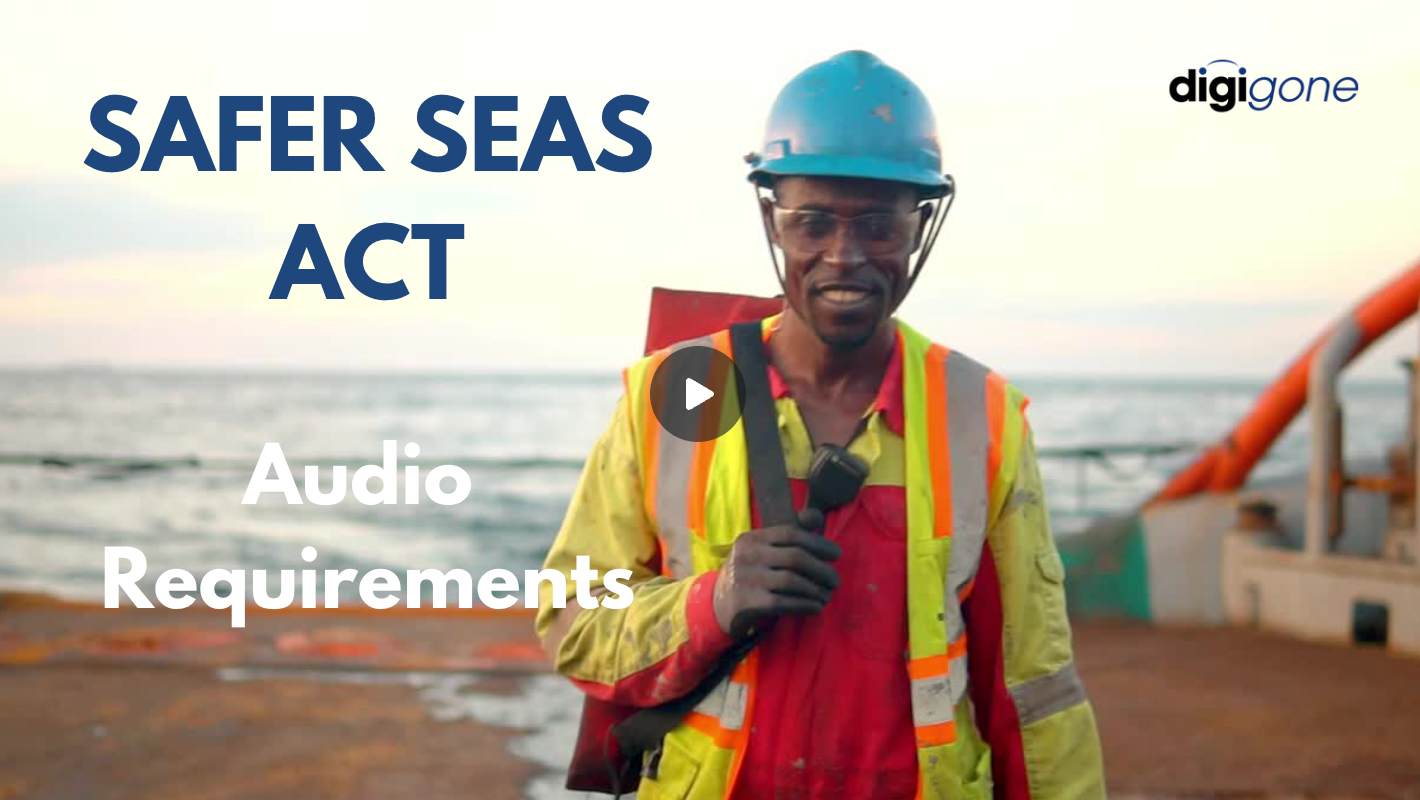
With the new Safer Seas Act, vessel companies must comply with many new regulations by the end of the year. One of those requirements includes audio equipment placed outside of hallways leading to staterooms, which DigiGone can help with. And while this may seem burdensome, these new rules will be good for vessel companies in the long run.



